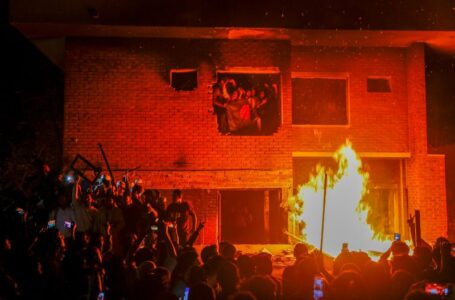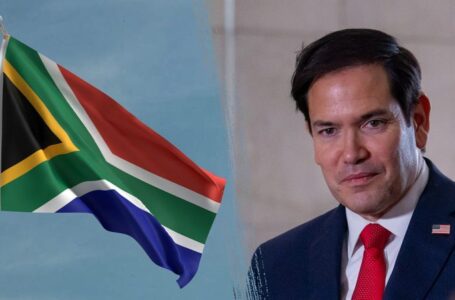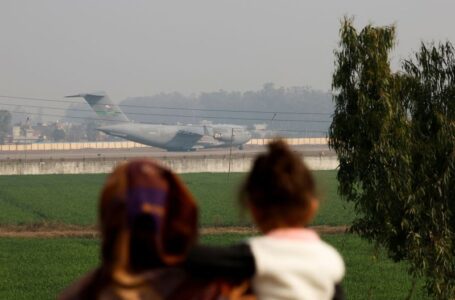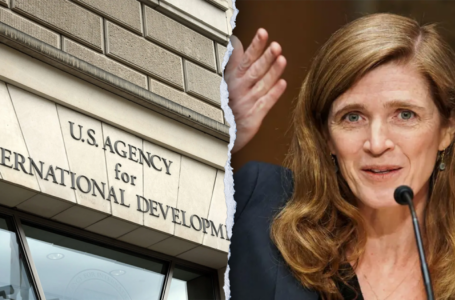Bangladesh protesters destroy house linked to exiled former leader Hasina
Israel and Hamas distance themselves from Biden’s optimism on Gaza ceasefire deal
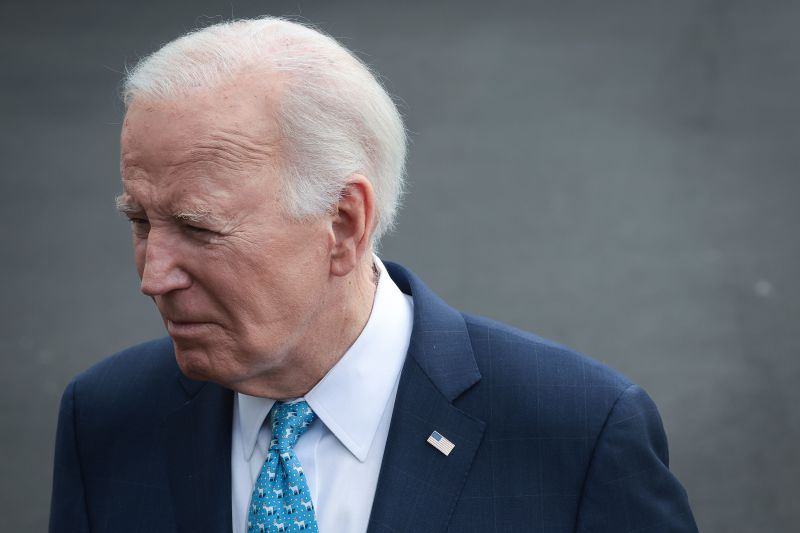

Officials from Israel, Hamas and Qatar have cautioned against US President Joe Biden’s optimism that a hostage-for-ceasefire deal in Gaza could be reached by the end of this week, suggesting that differences remain as negotiators work to secure an agreement.
Biden said Monday during an appearance at an ice cream shop in New York City that he hoped there would be a ceasefire in the Israel-Hamas conflict by “next Monday,” as the death toll in Gaza approaches 30,000.
“I don’t know on what basis he said it,” the Israeli official said Tuesday, asking not to be named due to the sensitivity of the subject. The official said Israel was ready to make a deal under the right terms.
“Israel will be ready to release [Palestinian] prisoners even today if conditions are met,” the official said.
Qatar, which along with the US is a key mediator in negotiations between Israel and Hamas, added further caution on Tuesday and hinted at a different timeline than that suggested by Biden.
“If there was an agreement you would see me more in a cheered attitude,” Majed Al-Ansari, a spokesperson for the Qatar Foreign Ministry, said Tuesday. “But until now we don’t have an agreement and we’re still working on negotiations on all fronts.”
“We have seen a positive trajectory by the sheer fact that the meetings are taking place, but we have yet to reach a final agreement, where we can hopefully announce before the beginning of Ramadan a humanitarian pause that will ease the tension and would allow us to bring in more aid into Gaza and would allow us to deescalate.”
Ramadan is set to begin as early as the evening of March 10, a week after the date Biden said he hoped to see a resolution.
Ansari said disagreements remain over “numbers, ratios and troop movements,” without elaborating further. He is likely referring to the number of hostages released for Palestinian prisoners and the withdrawal of Israeli soldiers from parts of Gaza.
“Certainly, we’d welcome getting one by this weekend,” Miller said.
Reuters and Al Jazeera reported Tuesday that Hamas was reviewing a draft proposal for an initial ceasefire lasting roughly six weeks, during which 40 Israeli hostages would be exchanged for 400 Palestinian prisoners.
Teams from the US, Egypt, Israel and Qatar met in Paris on Friday and then in Qatar Monday.
Those involved in the discussions have previously said an agreement would likely be implemented in multiple phases and once an initial deal is made it could lead to a truce lasting for as long as six weeks with a group of Israeli hostages released including women, children, the elderly and sick in exchange for a smaller number of Palestinian prisoners than Hamas had initially demanded.
During a truce, negotiations would take place over more sensitive topics like the release of male Israeli soldiers who are hostages, Palestinian prisoners serving longer sentences, the withdrawal of IDF forces and bringing a permanent end to the war alongside the so-called “day after” issues.
On Tuesday, US National Security spokesman John Kirby said there was hope that a temporary ceasefire could lead to a “better approach to end the conflict writ large.”
Referencing the previous week-long pause in fighting that took place at the end of November, Kirby said, “What we’re hoping for is much more aggressive than that. And as we’ve said before, we also hope that if we can get that in place, and both sides can abide by it for the course of several weeks, maybe up to six, that maybe that could lead to something more in terms of a better approach to end the conflict writ large.”
Kirby said he believes “we are getting closer in a negotiation” and hopeful it could “happen in coming days” but did not make any guarantees about that happening before Ramadan.
“It’s not about trying to beat the clock to Ramadan. It’s about trying to get these two sides to come to closure on a deal that again, would get all those hostages out and get them to get the fighting stopped,” he said.
Almost 30,000 people have died in Gaza since Israel waged war on Hamas on October 7, according to the health ministry in the enclave.
At least 1.7 million Palestinians in Gaza have been forcibly displaced, according to the UN. More than 1.3 million people have sought refuge in crammed shelters in the southern city of Rafah, where a looming Israeli ground assault has stirred panic among civilians – many of whom fled from fighting in the north.

